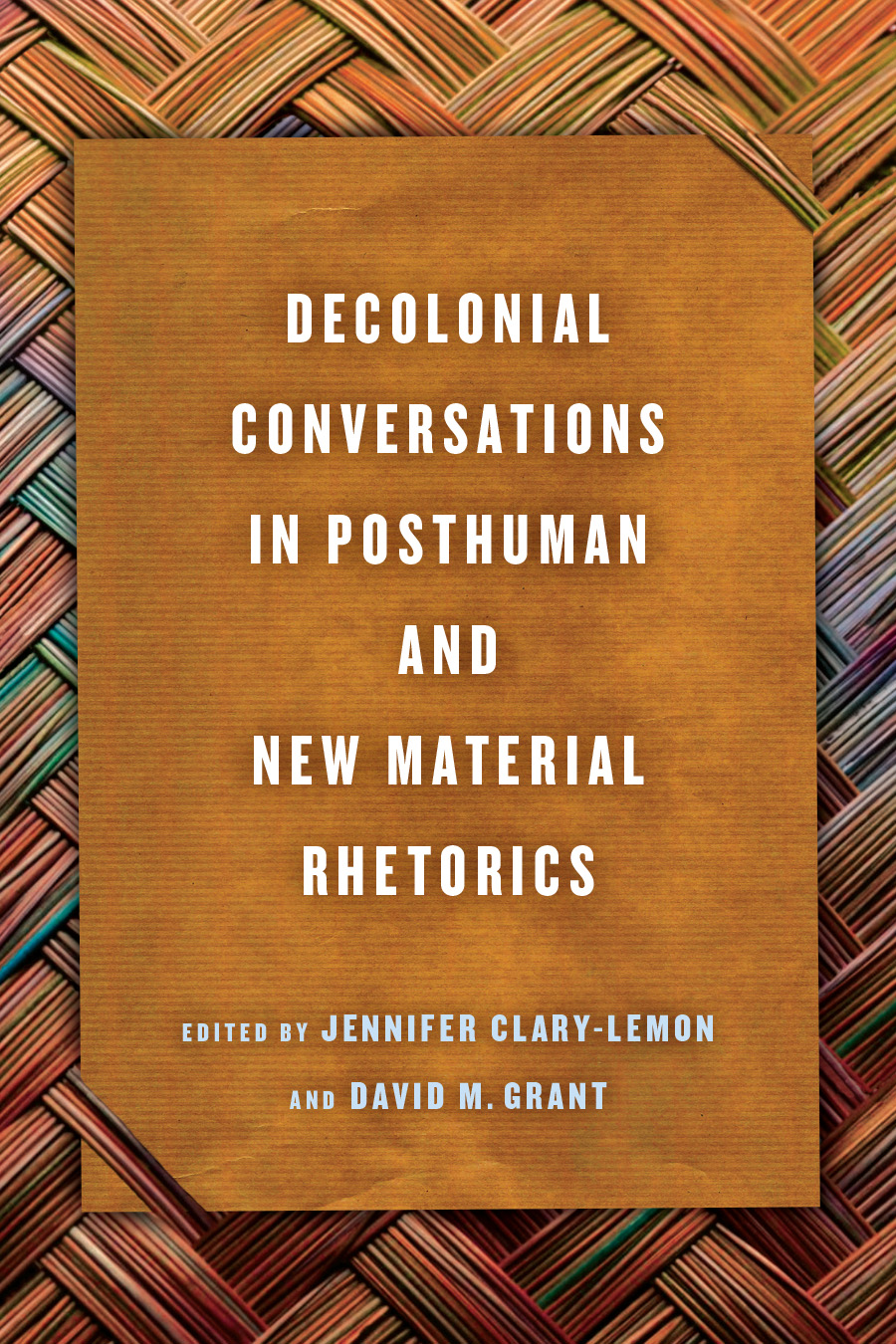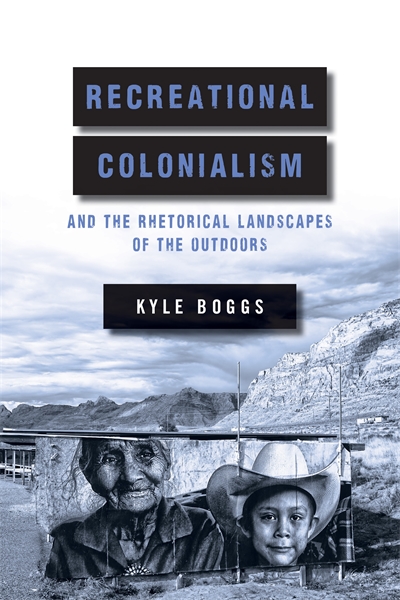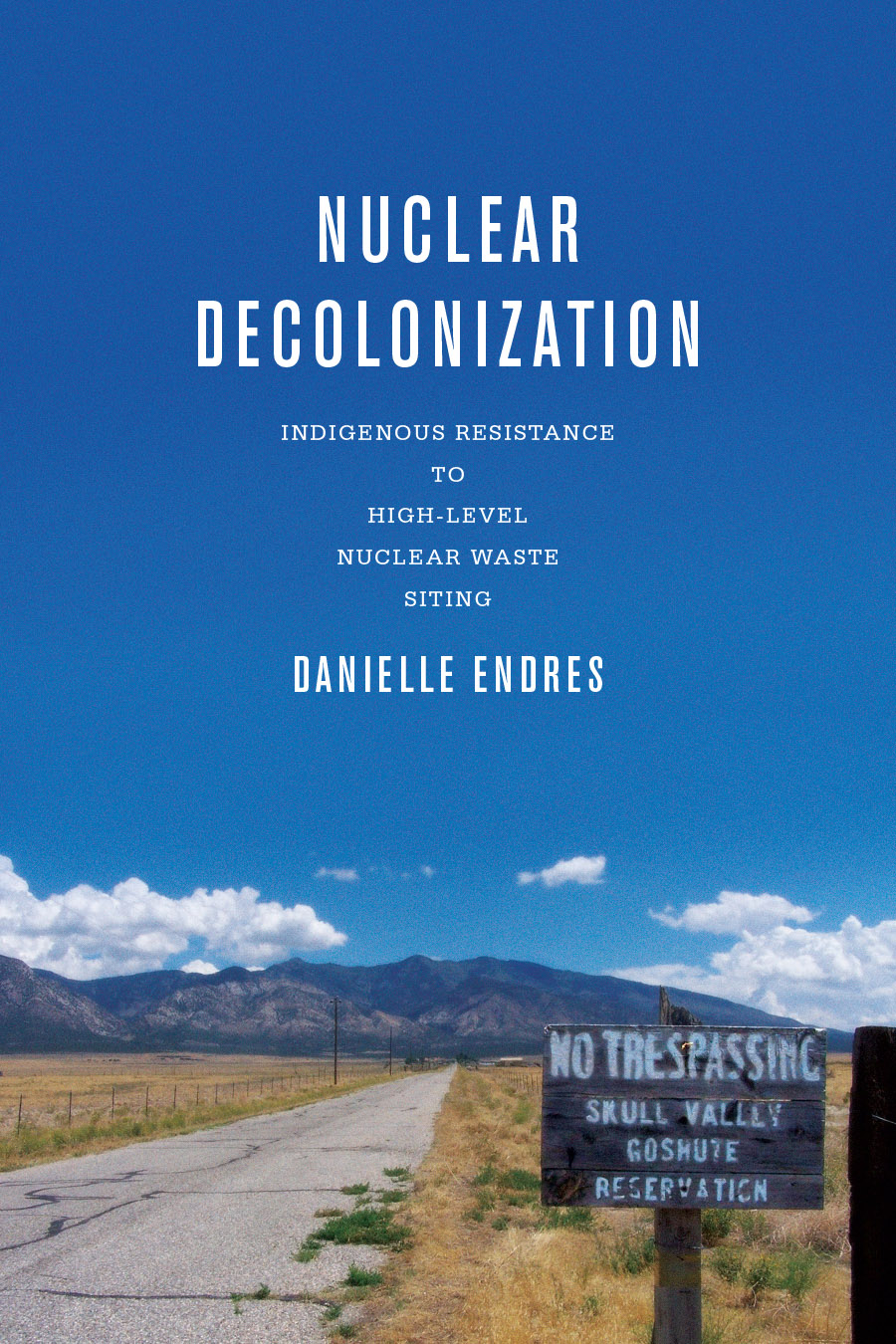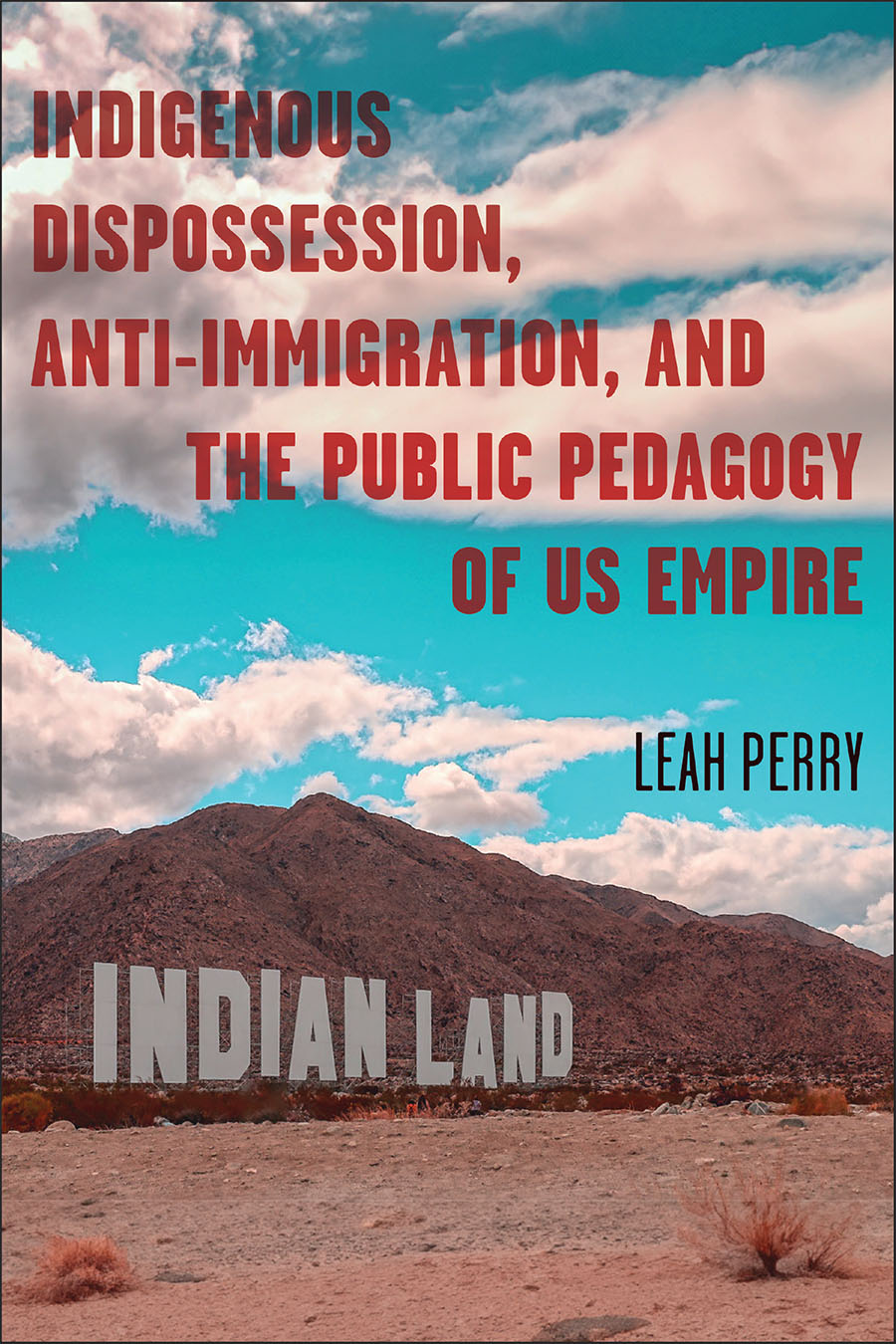“Boggs provides a critical but compassionate explanation of the ways in which outdoor recreation and the discourse that surrounds it poses real harm to the rights and perceived legitimacy of Indigenous communities....A thorough and accessible conceptualization of recreational colonialism.” —Julia B. Goolsby, Cultural Studies
“Engaging literatures of settler colonialism and outdoor recreation, Boggs effectively sutures the two to develop a critical framework....his skillful examination fills a gap in prior research even as it lays the groundwork for future scholarship.” —Samantha Senda-Cook, H-Net Reviews
“I highly recommend Recreational Colonialism for its persuasive and well-placed critique....It is accessibly written, well argued, and draws together myriad surprising and resonant texts, providing readers with significant sustenance for reflection.” —Dustin Greenwalt, Critical Studies in Media Communication
“Boggs joins an emerging conversation of writers bringing a scholarly lens and critique to outdoor recreation and the industries that support it....His responsible and clearly articulated research methods could serve as an especially useful model for non-Indigenous researchers engaging in any kind of community listening and writing.” —Joseph Whitson, Journal of Political Ecology
“Boggs not only theorizes and critiques a new form of colonialism but also offers pathways, through reflexivity and comradeship, for outdoor enthusiasts to resist colonialism and support Indigenous sovereignty. An essential read for both scholars and practitioners of outdoor recreation.” —Danielle Endres, author of Nuclear Decolonization: Indigenous Resistance to High-Level Nuclear Waste Siting
“Recreational Colonialism and the Rhetorical Landscapes of the Outdoors is a welcome addition to scholarship on settler colonialism in the US. Boggs doesn’t simply rely on arguments of governance jurisdiction or simple racism but instead interrogates relationships to land and place.” —Adam J. Barker, author of Making and Breaking Settler Space: Five Centuries of Colonization in North America
In Recreational Colonialism and the Rhetorical Landscapes of the Outdoors, Kyle Boggs chronicles the struggle between Indigenous peoples who have rooted religious and cultural ties to outdoor sites across the US and elsewhere and the settlers who claim the right to freely recreate in those same places. Synthesizing theories of rhetoric, environmental studies, and settler colonialism, Boggs confronts the ways that settler colonial experiences and expectations have been narrated through rhetorical practices on these so-called public lands. Fusing journalism and personal narrative with scholarly research, Boggs’s argument comes to bear on his central case study of a northern Arizona ski development on a mountain held sacred by at least thirteen Indigenous tribes. In illuminating the striking ways that settler imaginaries are accommodated, performed, and sustained in the everyday, Boggs offers a powerful reminder that even during leisure activities (in this case, sports such as ultrarunning, rock climbing, and skiing), complex webs of power control who can access resources and land and who has the right to protect histories and cultures.

Kyle Boggs is Associate Professor of Rhetoric and Community Engagement in the Department of Humanities and Cultural Studies at Boise State University.
Contents
List of IllustrationsAcknowledgments
Introduction The Peaks Are Everywhere
Part 1 Recreational Colonialism and the Rhetoric of “the Outdoors”
Chapter 1 Settler Rhetorics of “the Outdoors”
Chapter 2 Bikepacking: Rhetorical Landscapes and Settler Placemaking
Chapter 3 Rock Climbing: Frontier Authenticity, Whiteness, and “Desert Pioneers”
Chapter 4 Ultrarunning: Settler Imaginaries and the Born to Run Effect
Chapter 5 The Ski Resort: (Re)Creating Space and Selling Recreational Colonialism
Part 2 Protect the Peaks, Resisting Recreational Colonialism
Chapter 6 “No Desecration for Recreation! Save the Peaks!”
Chapter 7 The Pipeline as a Site of Indigenous Resistance and Solidarity
Chapter 8 Community Listening, Relationality, and the Public Art of the Peaks
Coda “Becoming Complicit”
Bibliography
Index
Related Titles:

Decolonial Conversations in Posthuman and New Material Rhetorics
Edited by Jennifer Clary-Lemon and David M. Grant




